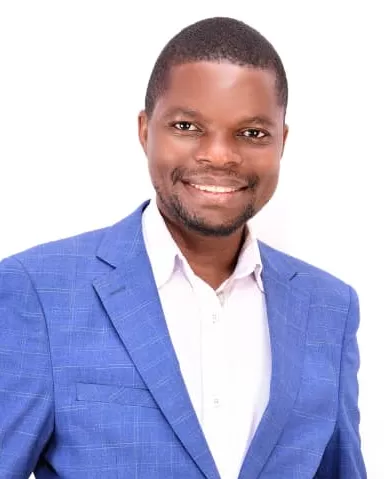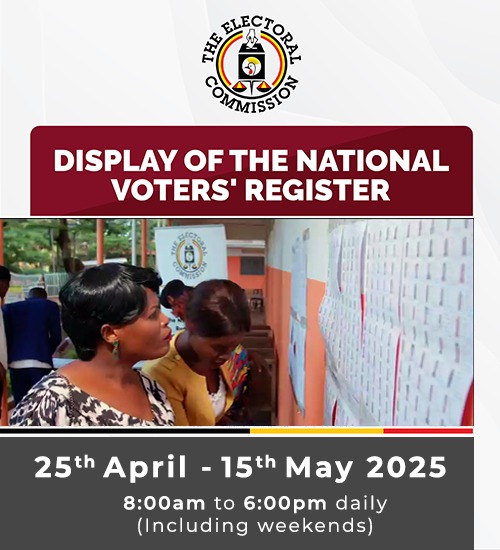By Isaac Christopher Lubogo
I. Introduction: When Titles Outlive Thought
We live in a world where the prefix “Dr.” or “Prof.” evokes automatic reverence. It opens doors, silences dissent, and commands standing ovations in auditoriums filled with starry-eyed students. And yet, what happens when these same titles no longer reflect intellectual vitality but only institutional nostalgia? What happens when a man receives a PhD for a theory that, within a decade, becomes obsolete—supplanted not by another professor, but by an unschooled genius from Katwe armed with raw insight, practical innovation, and zero honorary citations?
Surely, this should provoke us.
For how long should a PhD remain sacrosanct if the ideas it once advanced no longer apply to the evolving problems of the world? Why is a professor not subjected to periodic re-certification, reassessment, or at least some form of cognitive relevance audit? After all, pilots undergo recurrent checks, lawyers must renew their practicing licenses, and doctors are tested on new treatments. Why then should academia be immune to this necessary epistemic humility?
II. The Myth of Intellectual Permanence
The current system promotes a false permanence. It implies that once you earn a PhD, your ideas are immortal, your logic unassailable. But this is not only naïve—it is dangerous. Knowledge is not static. It evolves. And if its custodians do not evolve with it, they cease to be custodians and become fossils—guardians not of thought, but of thoughtlessness wrapped in Latin robes.
Let us consider an imaginary (but plausible) example: a man receives a PhD in 2003 for proposing a methodology in rural health diagnostics using paper-based data collection. Fast forward to 2025—a teenager in Gulu develops an AI-integrated, solar-powered health kiosk that provides real-time diagnosis without medical personnel. The PhD becomes not just irrelevant—it becomes an intellectual liability if held up as the gold standard of knowledge.
So, must we continue to salute the man with the outdated theory while ignoring the boy with the working solution? Shouldn’t our admiration be updated just as our apps are?
III. When the Summa Cum Laude Cannot Summon Thought
It is disturbing, almost tragic, that many of our “top scholars” remain trapped in the frameworks of thought that earned them applause years ago. Their minds become museums—housing the relics of past brilliance but unable to accommodate the present or the prophetic.
As I once stated: “Are we manufacturing memory sticks in gowns and calling them scholars?”
In a conversation with a summa cum laude graduate, I was startled not by the depth of their insight, but by their discomfort with anything unscripted. They could quote Locke and Kant, recite Rawls’ Theory of Justice, but faltered when asked what justice might look like for a landless widow in Kiboga. You see, they had mastered citation, but not cognition. They had been formatted, not educated.
IV. Intellectual Fossils: The Danger Lurking in Professorial Sanctuaries
Why is it that our regulatory bodies are obsessed with scrutinizing honorary PhDs while ignoring tenured professors who have not produced a single new thought in thirty years?
There is something profoundly ironic here. The farmer who creates a zero-waste irrigation system and receives an honorary PhD is debated and critiqued. But the professor who still insists on Eurocentric frameworks for African realities is exalted.
This hypocrisy must be dismantled.
For it is not the honorary titles that pose the greatest threat to intellectual integrity. It is the unchallenged holders of real PhDs who have weaponized their academic past to muzzle the present. They review proposals they cannot comprehend. They fail students who dare to color outside the lines. They block publication of work that dares to innovate.
They are not keepers of knowledge—they are its jailers.
V. Emeagwali and the Gatekeepers of Thought
Recall Dr. Philip Emeagwali, whose doctoral thesis was dismissed for being “vague.” That “vague” idea is now embedded in supercomputing models worldwide. The system that denied him later decorated him. But what if he had not persisted? What if he believed their verdict? We would have lost a genius to academic gatekeeping.
Or Ngũgĩ wa Thiong’o—exiled for his radical use of African languages, only for his work to be enshrined years later in the very curricula that once rejected him.
So again, who gets to say what is “vague”? What committee owns the monopoly on foresight?
VI. Should Academic Titles Expire Like Passports?
Let us pose a provocative but necessary question: should PhDs and professorial titles come with an expiry date?
After all, if your intellectual output is no longer relevant to current challenges, shouldn’t your title be reassessed? If you earned a doctorate in colonial law but have refused to update your thinking in the postcolonial reality, should you still guide legal education in Africa?
Titles should be like licenses: valid only for as long as the holder is intellectually active and relevant. This is not disrespect. It is reform.
VII. What Then Must We Do?
1. Create a Continuous Intellectual Audit System
Professors and PhDs should submit periodic reviews of their work, not for punishment, but for accountability. Relevance should be measured not by citations alone, but by societal impact.
2. Dissolve the Worship of Pedigree
Whether your doctorate came from Harvard or Katwe, what matters is what you’re doing with it now.
3. Promote Innovation Over Inheritance
Let us celebrate the young innovators from Katwe, the self-taught coders, the local herbalists with empirical breakthroughs. Let us stop asking where they studied—and start asking what they’re solving.
4. Honor Thinking, Not Just Titles
Let us honor the bold, the curious, the radical—the ones who think even without being told to. The ones whose very existence challenges the orthodoxy of institutional pride.
VIII. In Closing: Who Is Teaching the Teachers?
This is not an attack on education. It is a rescue mission. A call to separate wisdom from wall hangings. A plea to interrogate not just the new thinkers, but also the old ones who have stopped thinking.
The future belongs to those who dare not just to know, but to question what they know. It belongs to the fearless, not the formatted. To the ones who build from scratch, not just the ones who quote from memory.
Let us, therefore, make room—not just in universities, but in our collective consciousness—for a new kind of scholar. One who wears no title but changes lives. One who fears no professor because they are too busy solving problems.
For in the end, it is not the gown that builds the future. It is the mind beneath it.
#Suigeneris















